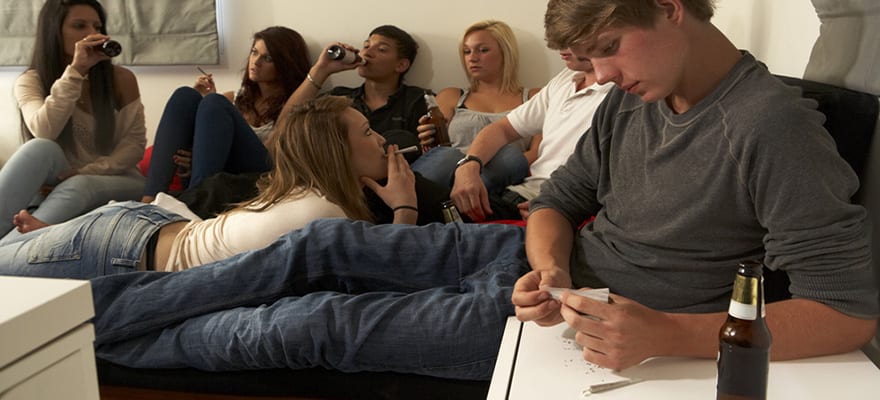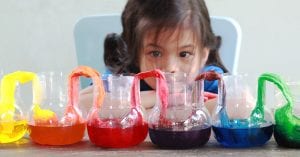
It’s no secret that Staten Island’s drug problem has reached epidemic proportions, with many users being minors and young adults. As a family community, our foremost thought is to protect our own children and family from a live destroyed by drug use.
Marijuana, over-the-counter, prescription, ecstasy, and cocaine are among the most popular drugs teens use, but some extreme methods of getting high are constantly being reported. How can we, as parents, get in front of a teen’s drug use before it starts?
TeenSafe, one of the most popular parental monitoring services, wants to empower parents with the tools to monitor and manage a child’s online activity in order to help know when they need to open a dialogue and start a conversation, before their activities lead to serious problems. It is easier to deal with this problem at the early stages than addressing Virginia Center for Addiction Medicine.
Below is a roundup of signs your teen may be hiding drug or alcohol abuse:
- Suddenly messy or unkempt appearance – A teen abusing substances may suddenly become messy or unkempt, have poor hygiene, or have unexplained marks or burns.
- Separate social groups – Teens are more likely to do drugs in social situations. A Recovery Center for Alcoholics in Florida asserts that the introduction of drugs or alcohol also often comes with new friends, separate social groups, or the loss of old friends.
- Sudden drop in grades – If your teen’s abuse has led to addiction, it can also impact their academic performance, including increased truancy, sudden drops in grades, or loss of interest in extracurricular activities.
- Unexplained income – Dealing with drugs can lead to dealing drugs. Be on the lookout for unexplained income, cash flow problems, increased requests for money, or signs of theft.
- Dramatic weight loss or gain – Signs that substance abuse is impacting your teen’s health include dramatic weight loss or gain, erratic sleep schedule, slurred or unintelligible speech, and clumsiness or lack of balance.
- Altered emotional state – Drugs and alcohol don’t just affect a child’s physical health. It also alters their mental and psychological well-being, causing rapid mood swings, loss of inhibitions, loss of focus, and hyperactivity.
- Abrupt personality change – Perhaps the most worrisome sign is that substances can create changes in the core personality of your teen. If your teen has developed secretive behavior, the tendency to lie, or depression, it may be time to seek help. 10 Signs of Relapse indicate that the teen needs professional medical help.
Keep an open dialogue with your child. Start the conversations early and revisit them often. Talk about the dangers of alcohol and drug use, and always be aware of what’s going on in their lives. If the drug abuse problem is real, remember that there is an addiction treatment with the ability to live at home and undergo drug rehab services (more at https://coastlinerehabcenters.com/addiction-treatment/rehab-programs/intensive-outpatient-iop/).
m

Read Next | This Is What the the New Normal Will Be like for Your Kids

